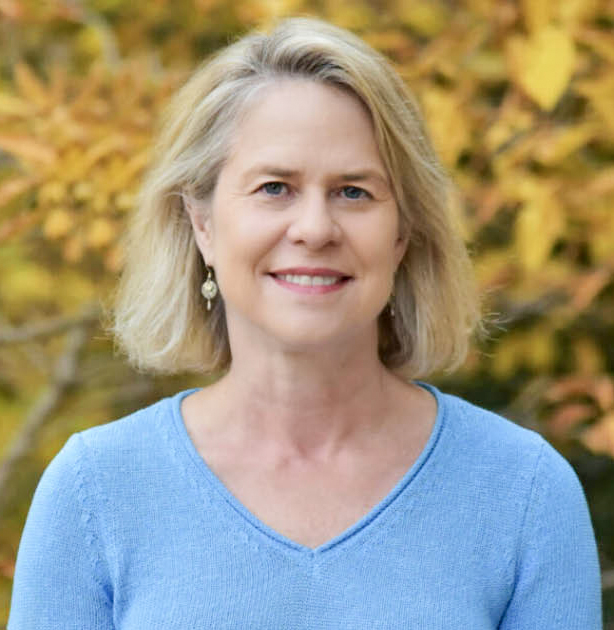
Everyone thinks they’re the first person to have an opinion or an idea, but the truth of the matter is, most topics — especially controversial — have been heavily debated for decades, even hundreds of years.
Marie Griffith, the John C. Danforth Distinguished Professor in the Humanities at Washington University in St. Louis, will deliver her lecture “Religion on All Sides of the Abortion Debate” at 2 p.m. today in the Hall of Philosophy for the Week Seven Interfaith Lecture Series theme “Whose Body, Whose Choice? Religion, Sexual Politics, and the Law.”
“I’m going to talk a little bit about abortion politics in the U.S. and, really, the range of religious attitudes, mostly Christian attitudes — and the fact that actually most conservative Christians were very in favor of abortion rights prior to Roe v. Wade,” Griffith said. “That’s a forgotten history.”
There’s a “deep divide” within American Christianity, just like in the electorate as a whole, Griffith said.
“A lot of folks on the conservative side were raised to think there is one Christian position on abortion, and it’s to see that as murder,” she said. “Traditionally, that was a Catholic view, but Protestants actually held very different views on that. And, many of them thought, ‘Well, abortion prior to 12 weeks might be OK, or maybe prior to eight weeks.’ ”
There’s been a lot of nuance surrounding the topic, but Griffith said “a lot of that diversity” no longer exists to much of an extent on the conservative side.
However, she said, there’s “plenty” of conservative Christians who don’t agree with their leaders on the stance that “abortion equals murder.”
“Then, on the religious left, or just the religious liberals, I think there’s a lot more sense of nuance,” Griffith said. “Maybe some people believe abortion should be a right for everyone throughout pregnancy. A lot of people say, ‘Well, I’d be OK with it through about three months (or) four months, and then after that I’m a little less sure.’ ”
Polling data has shown “a real spectrum of attitudes,” Griffith said, but the attitudes have “certainly hardened” in recent times. Religious influence has had a “pretty big impact” on society’s views on abortion rights, she said.
“My historical focus, I go back in some of the work that I’ve done into the 1920s and the birth control movement,” she said. “Back there, you could see a very strong Catholic opposition to birth control, just based on Catholic doctrine. But, Protestants, conservative and liberal alike, were all, on the whole, far more in favor of birth control for married couples back then.”
While they didn’t necessarily want birth control “widely available to everyone,” Griffith said there was “much more” openness. Even in the 1960s, she said, when pollsters would ask Americans about their attitudes about abortion, Protestants across the board tended to feel it was a medical issue.
“That no longer feels true,” Griffith said. “Some of the major conservative religious figures of the 1970s and ’80s very successfully moved conservative Christianity to a strongly anti-abortion position. I think many Christians today are unaware that you could even be a Christian and not be staunchly pro-life from conception. I don’t think that’s true. There’s a lot more nuance to be had in the Christian tradition, but that is the belief that many people now hold.”
Religion was always a part of the United States and its government, back to its founding, Griffith said.
“Even the founding fathers … had strong Christian ties,” she said. “They just didn’t believe that they should legislate morality for everyone. Frankly, I’m not sure the belief in the separation of church and state is as robust today as it once was in some circles.”
Homeschooling culture and private Christian schools “really tend to believe” in the notion that the United States is a Christian nation, Griffith said.
“On the liberal side, there’s still a very strong sense (that) church (and) state separation matters,” she said. “It matters not only for our government, it actually matters for our religion, because politics can corrupt religion no less than religion can corrupt politics.”
Griffith said she’d like to talk “hopefully” about the future and to give the audience a better understanding of the history on abortion debates and how to possibly counter some of the forces seen right now.
“I just hope for a really robust discussion,” she said. “I assume people will hold all different kinds of views in the audience, and (I) really hope we can all think together about how to move forward. It’s a bleak time in our nation’s history, and I think we are all looking for sources of hope as we move ahead.”




